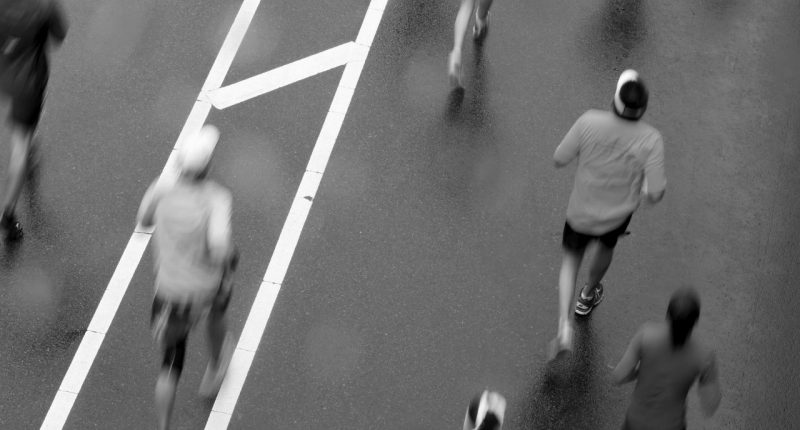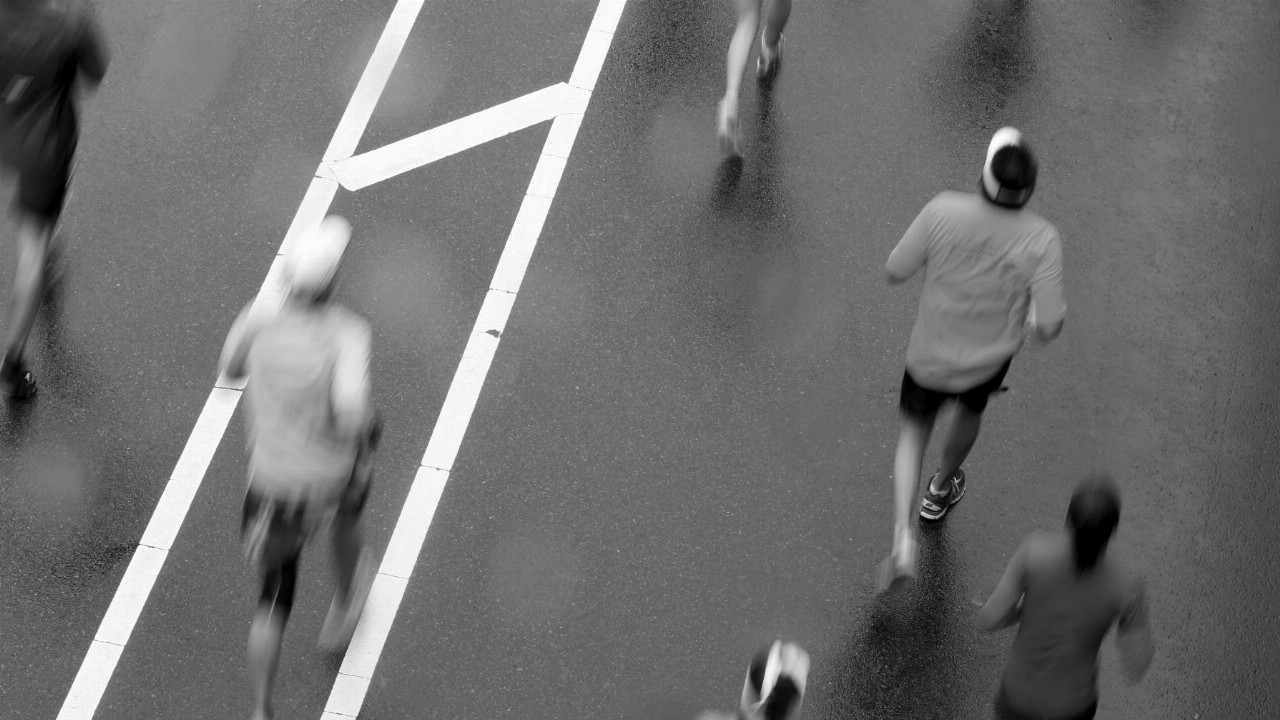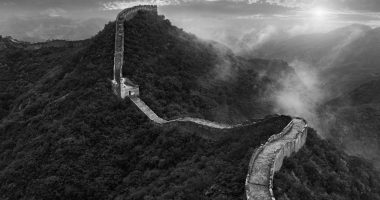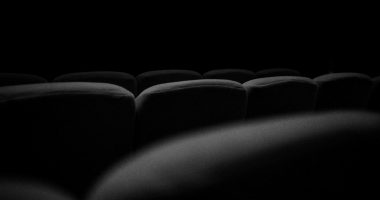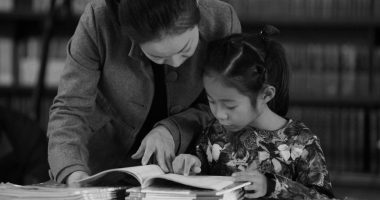Historical parallels often spring to mind when it comes to Russia’s invasion of Ukraine.
In the brutality and megalomania of Vladimir Putin, many are reminded of Adolf Hitler. In the soaring rhetoric and heroic defiance of Volodymyr Zelenskyy, others hear echoes of Winston Churchill. In the moral outrage but relatively cautious policies of Joe Biden, there is a touch of George — Wouldn’t Be Prudent — H.W. Bush.
And in Wednesday’s decision by the Boston Athletic Association to prohibit runners from Russia and Belarus from competing in the Boston Marathon this month, we recall the words of Otter, one of the frat house characters from “National Lampoon’s Animal House”: “I think this situation absolutely requires a really futile and stupid gesture be done on somebody’s part.”
In announcing its decision — which applies to residents of both countries but not to Russians or Belarusians living abroad — the president of the BAA explained in a news release that “we believe that running is a global sport, and as such, we must do what we can to show our support to the people of Ukraine.” In an email, the association told me that a total of 63 athletes will be removed from the marathon and a five-kilometre race that precedes it.
Superficially, the decision is of a piece with other recent cancellations of Russian performers: the removal of Valery Gergiev as chief conductor of the Munich Philharmonic for refusing to denounce the invasion of Ukraine; the nixing of the planned summer performances at London’s Royal Opera House of the Bolshoi Ballet, which has long been an arm of the Russian state; the Met’s cancellation of soprano Anna Netrebko for her past association with Putin (though she subsequently did issue a statement denouncing the war).
One can debate the merits of these decisions, and there is always a slippery slope when it comes to making cultural choices based on political considerations. If we are going to ban Russian artists and athletes for the invasion of Ukraine, why not their Chinese counterparts for Beijing’s depredations in Xinjiang? Why shouldn’t other countries do the same thing to American musicians and athletes the next time an American president deploys forces to some place where they hadn’t been invited?
But however you come down on these questions, at least there is the argument that Gergiev, Netrebko and the Bolshoi are associated with the Kremlin’s power structure. What about those 63 runners who just want to complete a famously challenging 26.2-mile course?
On Wednesday, I asked the BAA what responsibility the banned athletes have for the policies of their government. No reply. I also asked whether exceptions would be made for runners who made public statements denouncing the invasion of Ukraine. No reply on this, either.
The questions must be difficult to answer because it is hard to think of any justification for the BAA’s indiscriminate discrimination. So let’s help them think this one through.
First point: Thousands of Russians have, in recent weeks, courageously risked imprisonment by publicly protesting the war. Hundreds of thousands of Belarusians took to the streets to denounce electoral fraud in the August 2020 elections, only to be met by a “reign of terror” from the government of Alexander Lukashenko. Clearly, not all Russians and Belarusians support their leaders — a point the BAA should seek to honor, not ignore.
Second point: To reduce citizens of a state to an identity with the politics of their government is not just a gross moral simplification. It is also a gift to people like Putin and Lukashenko, who want nothing more than to have people believing that they alone speak for all their people and that their policies are universally supported. It should be possible for Russians and Belarusians to be both proud of their countries and ashamed of their governments.
Third point: In recent years, Putin has gone out of his way to castigate Woke Western culture for being censorious and repressive, not to mention hypocritical. “They’re now engaging in the cancel culture, even removing Tchaikovsky, Shostakovich and Rachmaninoff from posters,” he complained last month. What the BAA has done only validates the allegation.
Fourth point: Americans are supposed to believe in openness, competition and fair play. We are also supposed to believe that democratic societies never shine brighter than when they uphold these principles in the face of adversaries who flout them. It would be nice to see the BAA honor those ideals.
In “Animal House,” Otter defends his fellow Deltas by insisting, “You can’t hold a whole fraternity responsible for the behavior of a few sick, perverted individuals.” On this point, at least, let’s give Otter his due: You also don’t hold entire societies responsible for the behaviour of their despotic leaders. The BAA should think this one over and let the Russians and Belarusians compete under their countries’ flags for the hope of what their countries might someday become, free from the yoke of their present leaders.
This article originally appeared in The New York Times.
Bret Stephens joined The New York Times as an Op-Ed columnist in April 2017 after a long career at The Wall Street Journal, where he was most recently deputy editorial page editor. He is the author of “America in Retreat: The New Isolationism and the Coming Global Disorder”, and the recipient of numerous awards and distinctions, including two honorary doctorates and the 2013 Pulitzer Prize for commentary.

